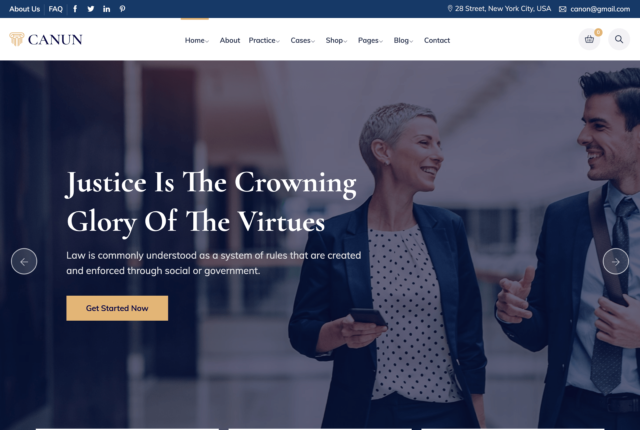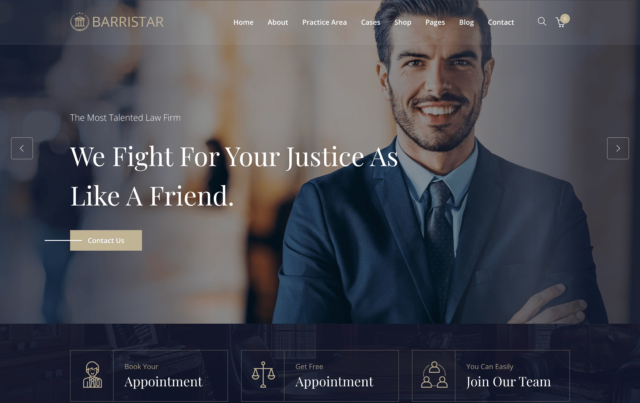Local SEO remains one of the most powerful digital tools for law firms trying to attract new clients in their geographical area. Yet, many firms either misunderstand how it works or rely on outdated strategies that can actually hurt their rankings rather than help them. In 2025, with AI-driven algorithms like Google’s Search Generative Experience (SGE) reshaping the search landscape, the rules of the game are changing fast.
This article outlines the most common local SEO mistakes law firms make, how these errors can impact their visibility and credibility, and what firms need to do to stay ahead in an AI-powered search environment.
Mistake #1: Overusing Keywords and Ignoring Natural Language
In the early days of local SEO, law firms often packed their content with exact-match keywords like “Los Angeles personal injury lawyer” dozens of times in an effort to rank. That tactic no longer works—and in fact, it can backfire.
Why It Hurts:
- Google’s algorithms now prioritize content that reads naturally and provides real value.
- Over-optimized pages can be flagged as spammy, reducing trust and ranking.
- AI-driven search tools, including SGE, use natural language processing to surface content that answers questions clearly and conversationally.
What to Do Instead:
- Use keywords strategically, but focus more on addressing client questions and concerns.
- Incorporate semantic keywords and phrases (e.g., “how to file a car accident claim in Los Angeles”).
- Write content in a clear, helpful tone that mimics how someone might search or ask a question.
Mistake #2: Having Multiple Location Pages with Duplicate Content
Many multi-location firms create separate landing pages for each office but copy and paste the same content with only the city name changed.
Why It Hurts:
- Google’s algorithms are smart enough to recognize duplicate content and may devalue these pages in search rankings.
- Pages with little or no unique value do not perform well in Google’s local search results.
What to Do Instead:
- Write custom content for each location page that reflects the specific city or region’s legal nuances, local courts, or community events.
- Add local testimonials, photos, case studies, and directions from nearby landmarks.
- Include a Google Map embed and location-specific schema markup to support local relevance.
Mistake #3: Not Optimizing the Google Business Profile (GBP)
A surprising number of law firms still either haven’t claimed their Google Business Profile, fail to optimize it properly or aren’t sure how to handle multiple locations.
Why It Hurts:
- GBP is a critical ranking factor for the Local Pack (the top three business listings that show up in Google Maps results).
- An unclaimed or inaccurate profile can make your firm seem unprofessional or even non-existent.
- Client reviews and Q&A on GBP influence trust and search visibility.
What to Do Instead:
- Claim and verify your Google Business Profile.
- Ensure consistent name, address, and phone number (NAP) across all platforms.
- Add service areas, business hours, high-quality photos, and post updates regularly.
- Proactively collect and respond to client reviews.
Mistake #4: Neglecting Mobile Experience and Page Speed
Local searches are overwhelmingly done on mobile devices, especially when someone urgently needs a lawyer. A slow or poorly optimized site causes visitors to bounce before taking action.
Why It Hurts:
- Google’s mobile-first indexing means that mobile performance directly affects rankings.
- Slow-loading pages increase bounce rates and reduce conversions.
- Users expect a frictionless experience from their initial search to contacting the firm.
What to Do Instead:
- Run performance checks using tools like Google PageSpeed Insights.
- Compress images, eliminate unnecessary scripts, and use a mobile-responsive design.
- Implement click-to-call buttons and streamline contact forms for easy mobile conversion.
Mistake #5: Failing to Adapt to Google’s AI and SGE Algorithm
In 2025, Google’s SGE (Search Generative Experience) has fundamentally changed how users interact with search. AI-generated overviews often appear at the top of the page, summarizing content from various sources and reducing reliance on traditional organic listings.
Why It Hurts:
- Firms relying solely on ranking in traditional search results may see decreased traffic as AI overviews dominate SERPs.
- Low-authority content may never be referenced in AI-generated responses.
What to Do Instead:
- Focus on becoming a trusted source by producing in-depth, well-structured content.
- Use schema markup and FAQ sections to make your content easier for AI to parse and summarize. Check out our technical SEO guide for more information.
- Aim to be featured in third-party sites that AI tools reference, such as legal directories or authoritative blogs.
- Monitor how your site appears in AI overviews and adjust your strategy to fill content gaps.
Mistake #6: Ignoring Backlink Quality and Local Citations
Some firms pursue quantity over quality when it comes to backlinks or neglect local citation building altogether.
Why It Hurts:
- Low-quality backlinks can harm your site’s credibility and lead to algorithmic penalties.
- Inconsistent or missing citations reduce your local search visibility.
What to Do Instead:
- Earn backlinks from reputable legal directories, local news outlets, and industry publications.
- Ensure your law firm is listed in top citation sources like Avvo, Justia, Yelp, FindLaw, and local Chamber of Commerce directories.
- Keep all citation information accurate and consistent with your website.
Conclusion
Local SEO in 2025 requires more than just inserting keywords and claiming a business listing. With the rise of AI-driven search features like Google’s SGE, law firms must focus on creating genuinely useful, locally relevant, and technically sound content to stay competitive.
Avoiding common SEO mistakes—such as duplicate location pages, ignoring mobile experience, or failing to optimize for AI search—can make a significant difference in lead generation and visibility. By modernizing your strategy and focusing on quality over quantity, your law firm can adapt to the evolving digital landscape and maintain a strong local presence.








